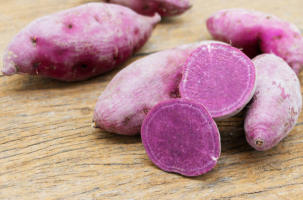Top 10 Health Benefits of Potatoes
Potatoes are one of the most prevalent and vital food sources on the globe, and they may provide a plethora of benefits that make them an even more important ... read more...staple in diets worldwide. These health advantages may include improved digestion, lower cholesterol levels, improved heart health, and protection against polyps. Here are the best potato health advantages.
-
Flavonoids, carotenoids, and phenolic acids are abundant in potatoes. In the body, these chemicals work as antioxidants by neutralizing potentially damaging molecules known as free radicals. When free radicals build up, they raise the risk of chronic illnesses such as heart disease, diabetes, and cancer. Test-tube research, for example, discovered that antioxidants contained in potatoes may inhibit the development of liver and colon cancer cells.
According to research, colorful potatoes, such as purple potatoes, can have three to four times the antioxidants of white potatoes. As a result, they may be more effective in neutralizing free radicals. The majority of this information, however, comes from test-tube experiments. Before making any health recommendations, further human-based research is required.
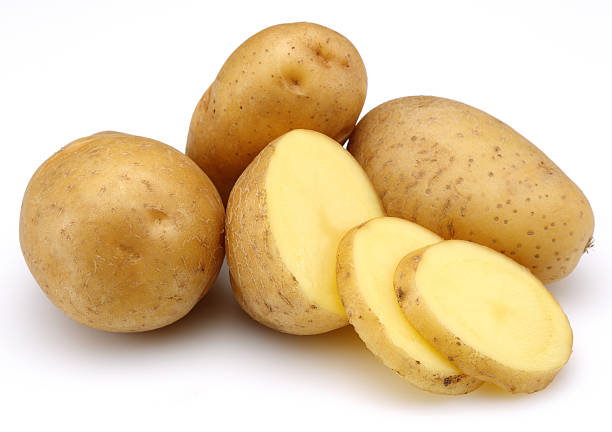
Contain Antioxidants 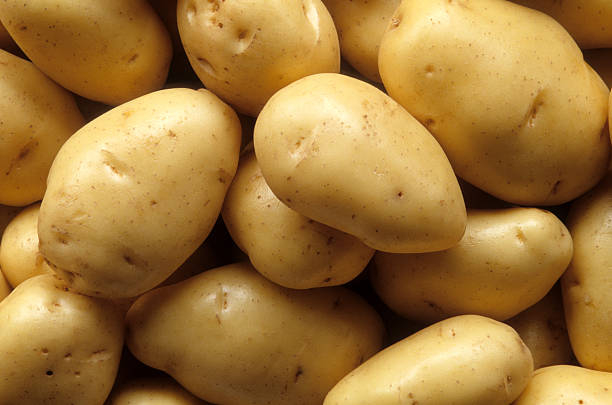
Contain Antioxidants -
Potatoes contain resistant starch, which is a form of starch. This starch is not broken down and absorbed completely by the body. Instead, it makes its way to the large intestine, where it provides nutrition to the good bacteria in your gut. Resistant starch has been related to a variety of health advantages, including reduced insulin resistance, which improves blood sugar management.
In one study, mice given resistant starch had lower insulin resistance. This suggests that their bodies were better at eliminating excess sugar from the blood. A study of persons with type 2 diabetes discovered that eating a meal high in resistant starch helped reduce extra blood sugar after eating. In another trial, ten patients were given 30 grams of resistant starch every day for four weeks. Scientists discovered that resistant starch lowered insulin resistance by 33%. Surprisingly, you can boost the resistant starch content in potatoes. To do this, place boiling potatoes in the refrigerator overnight and enjoy them cold.
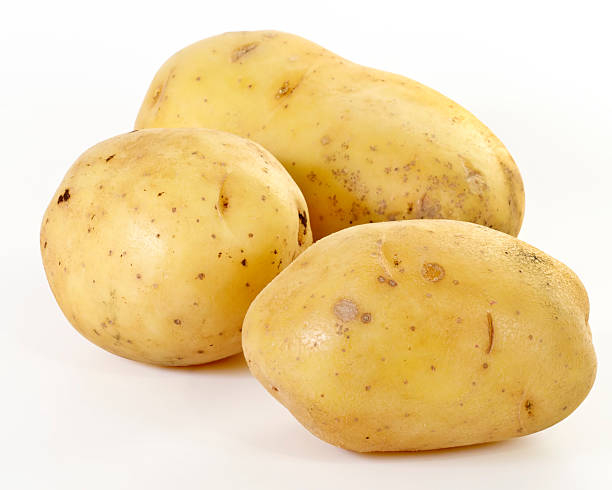
Improve Blood Sugar Control 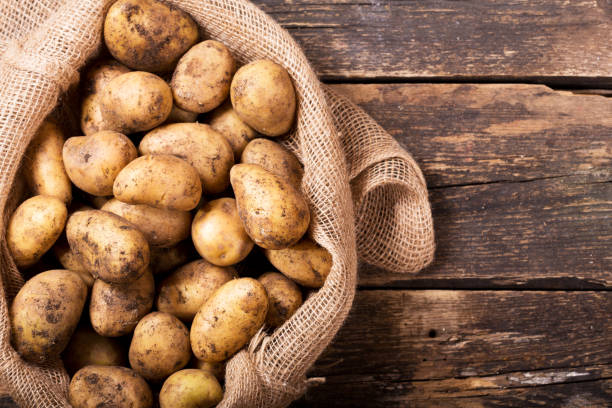
Improve Blood Sugar Control -
Potato-resistant starch may also benefit digestive health. When resistant starch enters the big intestine, it feeds beneficial gut microorganisms. These bacteria break it down and convert it into short-chain fatty acids. Potato-resistant starch is largely metabolized into the short-chain fatty acid butyrate, which is the preferred food source for gut bacteria.
Butyrate has been demonstrated in studies to reduce colon inflammation, enhance colon defenses, and lower the risk of colorectal cancer. Furthermore, butyrate may benefit people suffering from inflammatory bowel diseases such as Crohn's disease, ulcerative colitis, and diverticulitis. Having said that, the majority of the information regarding butyrate comes from test-tube or animal research. Before providing suggestions, further human-centered research is required.
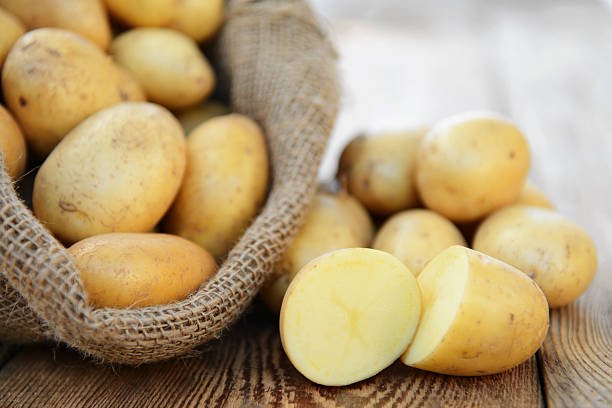
Improve Digestive Health 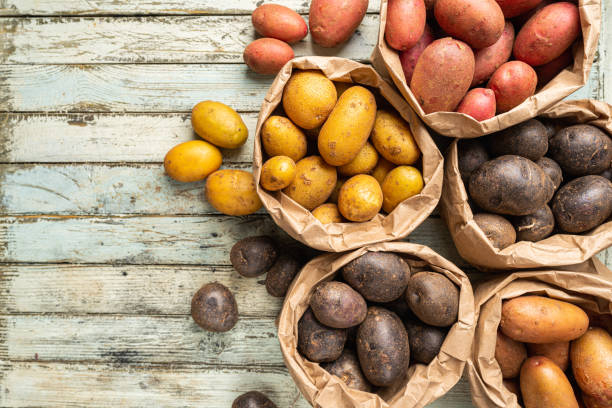
Improve Digestive Health -
Gluten-free diets are among the most popular in the world. It entails avoiding gluten, a protein family found in cereals such as spelled, wheat, barley, and rye. Gluten does not cause any negative side effects in the majority of people. People with celiac disease or non-celiac gluten sensitivity, on the other hand, may feel acute pain when ingesting gluten-containing meals. Sharp stomach discomfort, diarrhea, constipation, bloating, and skin rashes are just a few of the symptoms.
If you follow a gluten-free diet, you should think about including potatoes in your diet. They are naturally gluten-free, so they will not cause any unpleasant symptoms. While potatoes are naturally gluten-free, many popular potato dishes are not. Gluten-containing potato meals include various au gratin recipes and potato bread. If you have celiac disease or gluten sensitivity that is not celiac, read the entire ingredient list before eating a potato meal.
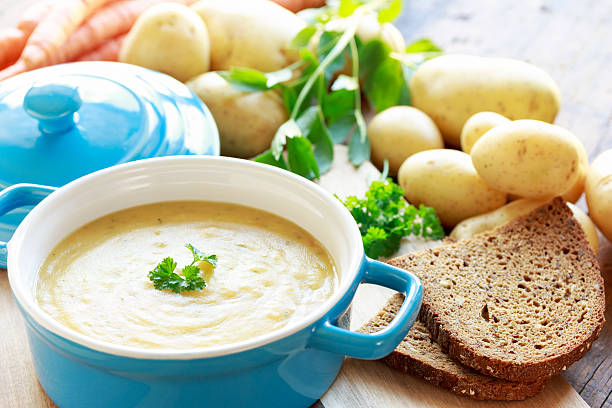
Naturally Gluten-Free 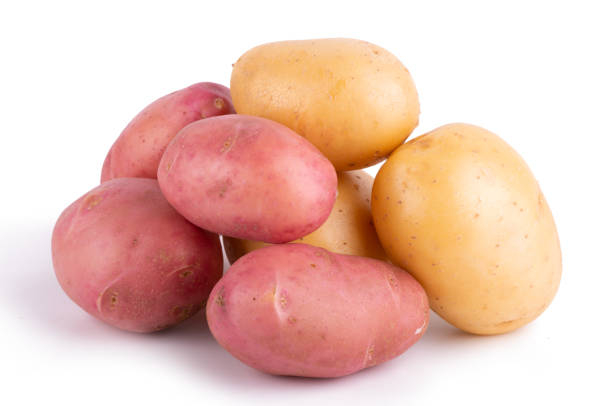
Naturally Gluten-Free -
Potatoes are not only healthful, but they are also quite satisfying. In one research, 11 adults were offered 38 popular dishes and asked to score their fillingness. Potatoes had the greatest fullness rating of all. Potatoes were shown to be seven times more filling than croissants, which were found to be the least filling food item.
Filling foods can help you control or reduce weight by alleviating hunger. Some data suggest that a potato protein called potato proteinase inhibitor 2 (PI2) might suppress hunger. This protein appears to boost the production of cholecystokinin (CCK), a hormone that induces feelings of fullness. According to studies, potatoes are one of the most satisfying foods. They may raise levels of fullness hormones such as cholecystokinin (CCK).

Incredibly Filling 
Incredibly Filling -
Potatoes are not only nutritious but also tasty and adaptable. Potatoes can be cooked in a variety of ways, including boiled, roasted, and steamed. However, frying potatoes can significantly boost their calorie content if a lot of oil is used. Instead, slice the potatoes and bake them in the oven with a drizzle of extra virgin olive oil and a sprinkling of rosemary. Potatoes may also have a high fiber or roughage content. This may enhance peristaltic action and boost gastric juice output, which aids digestion and avoids diseases such as constipation. Because of its high fiber content, the vegetable may help protect the body from dangerous illnesses such as colon cancer. Fiber has also been linked to the removal of cholesterol from the arteries and blood vessels, perhaps benefiting heart health.
Make careful note to peel the potatoes because the majority of the nutrients are found there. This will guarantee that you get the most nutrients from the potato. Potatoes are tasty, flexible, and simple to incorporate into your diet. Try boiling, roasting, or steaming them and eating them with the skin still on.
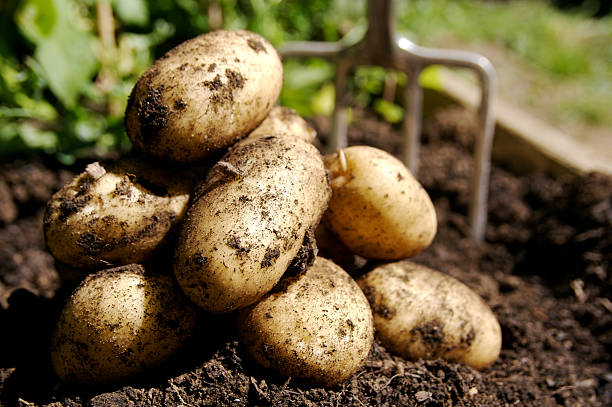
Extremely Versatile 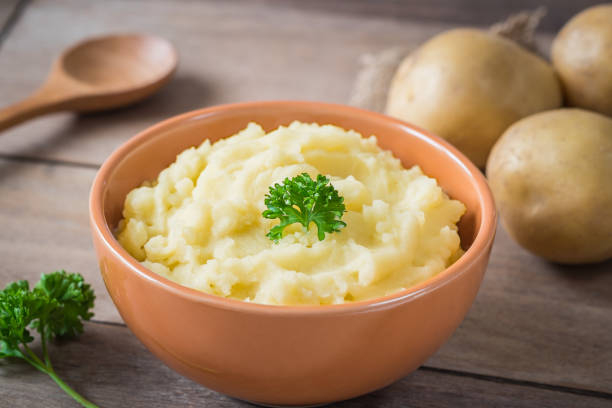
Extremely Versatile -
Including potatoes in your diet can have a significant impact on your daily activities and overall health. The high levels of copper and iron, which are also known to increase brain function, are an added bonus. Preparing and eating a baked potato, skin and all, without salt, can boost memory. Manganese, potassium, and vitamins B6 and C are all known to help with brain functioning, and nerve centers respond favorably to the fatty acids and amino acids present in potatoes.
Alpha-lipoic acid, a coenzyme found in potatoes, can assist improve general cognitive function. This acid has also been connected by experts to have favorable benefits for Alzheimer's sufferers. A variety of vitamins and minerals found in potatoes have been shown to improve brain function (including zinc, phosphorus, and B complex). Vitamin B6 is very important for sustaining brain health.
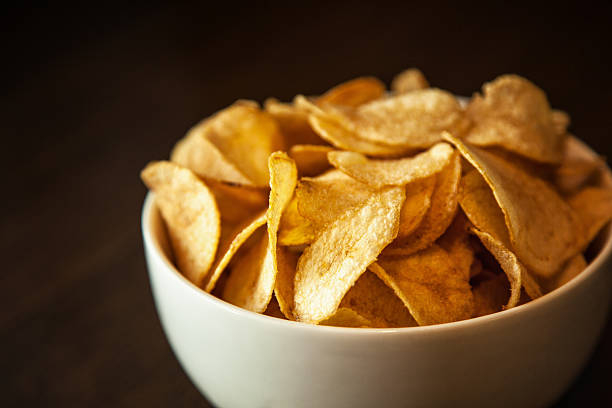
Improve Brain Functions 
Improve Brain Functions -
Those who suffer from chronic internal or external inflammation might benefit from the anti-inflammatory properties of potatoes. A soft, cooked potato's composition is easily digested, relieving digestive system inflammation. Simply massage a raw potato on the afflicted area(s), including any ulcers in the mouth, to relieve any external inflammation. According to a research report, potatoes may be quite efficient in lowering inflammation, both internal and external.
They may alleviate inflammation in the intestines and digestive system because they are soft, easily digested, and contain a lot of vitamin C (a very effective antioxidant that heals tissue wear and tears), potassium, and vitamin B6. They may also be an excellent nutritional component for persons suffering from mouth ulcers. As a result, those suffering from arthritis and gout may benefit from potatoes' anti-inflammatory properties. This simple vegetable, on the other hand, may produce weight gain, which aggravates these illnesses, and is usually eaten with meat and other rich meals that aggravate gout. As a result, a delicate balance must be achieved.

Reduce Inflammation 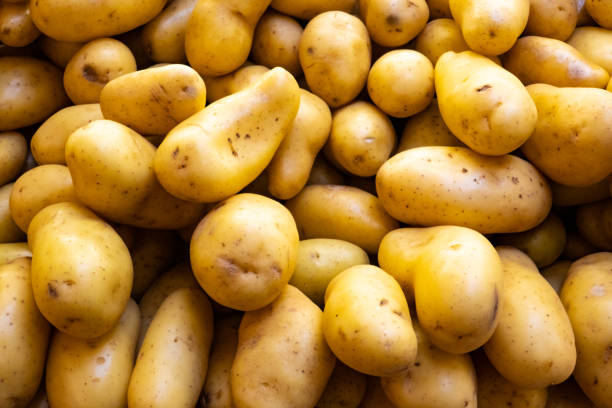
Reduce Inflammation -
Did you know that potatoes have no cholesterol? Yes, potatoes have no cholesterol. It is just the oil and cholesterol-laden components used in its preparation that pose a risk to the heart. Potatoes, in fact, have heart-healing antioxidant anthocyanins that might do wonders for your heart. They also provide fiber, potassium, and vitamins C and B6, which are all beneficial to heart health.
Potatoes may also include carotenoids, in addition to vitamins (B-complex and C), minerals, and roughage (lutein and zeaxanthin). Carotenoids may be advantageous to heart health and other internal organ function. Again, because potatoes may boost blood glucose levels and excessive eating may lead to obesity, which puts strain on your heart, you must be cautious about how frequently you utilize potatoes for this health advantage. This is not suggested for people who are obese or diabetic.

Prevent Heart Diseases 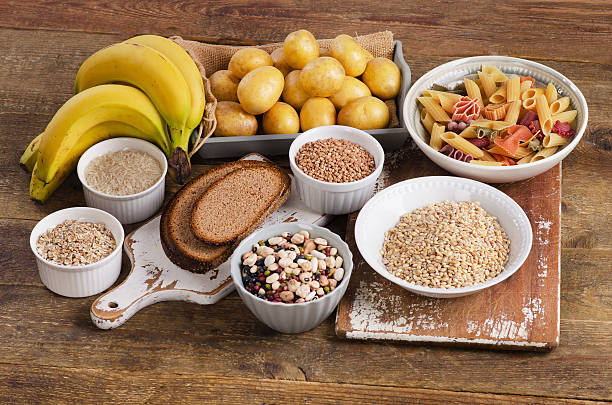
Prevent Heart Diseases -
When ingested with the skin, potatoes are the healthiest. The nutrient in potato is easily processed by the body. Potatoes are also high in protein index. The most significant component of potatoes is Vitamin C, which boosts immunity and protects against kidney stones. It also keeps the body from becoming acidic.
Kidney stones are a reasonably frequent ailment among us as a result of an improper diet. Kidney stones, also known as Renal stones by medical professionals, can vary in size. Small kidney stones may be eliminated with correct medicine and nutrition, however big kidney stones can cause kidney damage and significant discomfort. Potatoes can be quite effective in the treatment of kidney stones. Potato peel contains vitamins and minerals that aid in the prevention and dissolution of kidney stones.
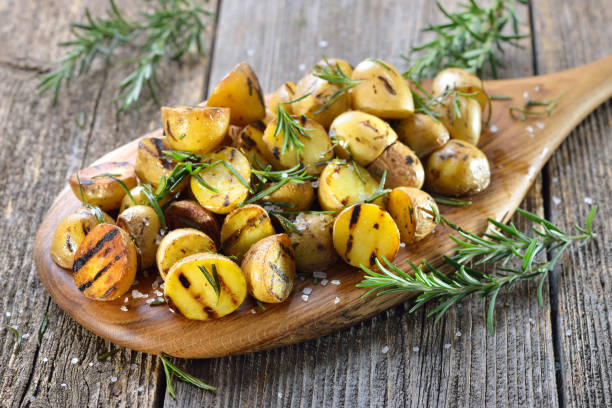
Reduce Kidney Stones 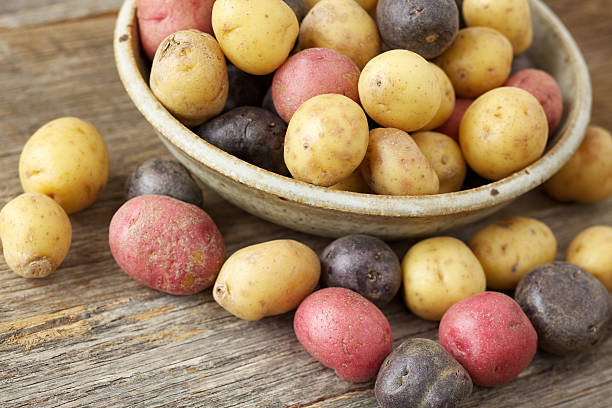
Reduce Kidney Stones












